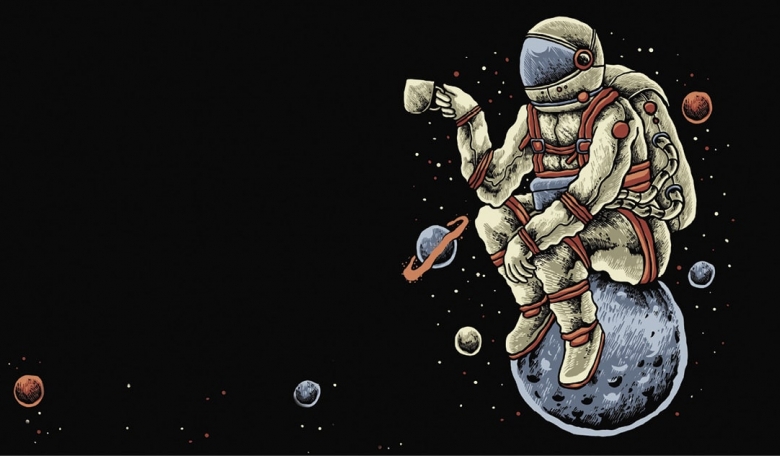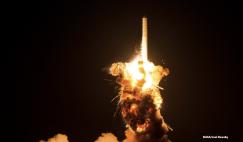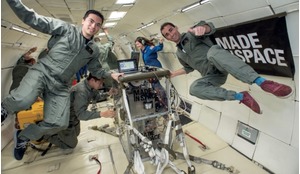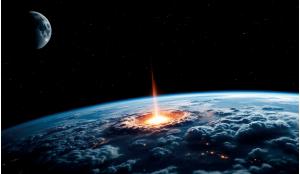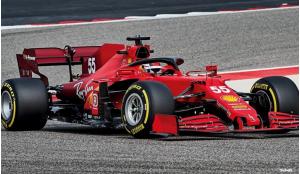Feeding crews on long-term space station and lunar missions is a crucial element in keeping crews happy and healthy. Here, the authors consider the characteristics of products suitable for spaceflight conditions and how some of the potential problems in supplying nutrition might be solved both now and in the longer term.
The primary areas of work in creating nutrition supply systems for interplanetary human spacecraft crews involve addressing issues related to developing food and food rations. The rations should be adequate and balanced in terms of essential nutrients to ensure preservation of the crew members’ health and performance under exposure to high levels of ionising radiation and other unfavourable factors during missions to the Moon and deep space.
Since the 1960s, Russian specialists have been engaged in the development of food and rations for nutrition in a spaceflight environment. Efforts in this field have generated a considerable amount of interest among our foreign colleagues, which has been reflected in a number of joint studies.
Thus, in the course of joint missions performed aboard the Salyut 6, Salyut 7 and Mir orbital stations, and the International Space Station (ISS), national meal-sets for France, Bulgaria, Mongolia, Germany, Austria, Italy, Kazakhstan, Malaysia and the Republic of Korea were developed and certified in collaboration with the the Institute of Biomedical Problems of the Russian Academy of Sciences (IBMP RAS).





